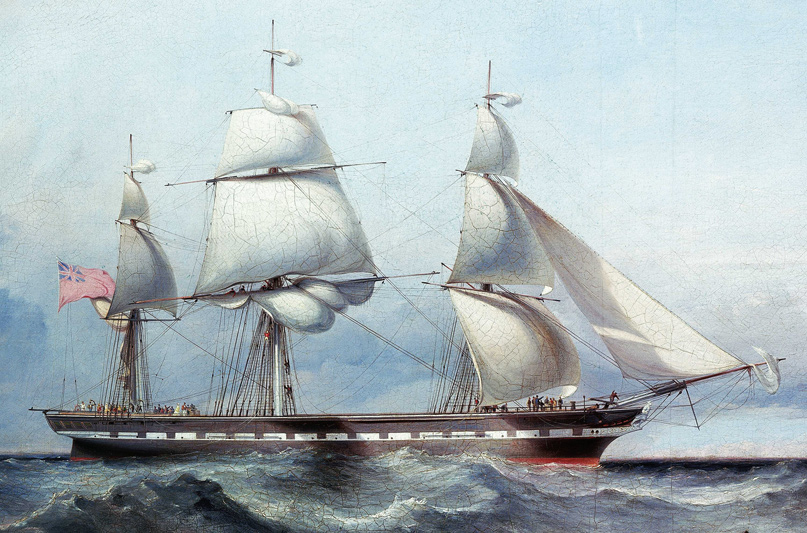
To be taken seriously on a boat, you should know some of the vernacular. Interestingly, so much of our language stems from nautical terms that I have fun trying to determine the origin of some common salty phrases.
Below are examples of nautical talk that came up during a recent motoryacht training cruise. I researched the phrases using the internet and the book Salty Dog Talk by Bill Beavis and Richard McCloskey. Maybe you can impress your friends with these phrases, win bar bets with your knowledge, and be welcomed aboard with your salty talk.
A Cup of Joe: This nickname for coffee came about in 1913 due to Josephus Daniels, then Secretary of the United States Navy. He eliminated the officer’s wine mess and the strongest beverage aboard was a cup of coffee, hence it became known as “a cup of Joe.”
Anchors Aweigh: The nautical definition of the word weigh means to raise, heave, or hoist. Anchors aweigh means simply to lift the anchor from the bottom of the ocean floor. We use it on land as an expression of lifting burdens and troubles and
moving on.
Between the Devil and the Deep Blue Sea: The devil is the name of the outside seam between two planks near the scupper (the hole that lets out water on deck). The seam was probably called devil because it was hard to create as it was the longest seam on the ship. If it was stormy and a sailor was thrown, he probably did end up between the devil and the deep blue sea. Not a good place to be!
Batten Down the Hatches: The hatches are openings in the deck, which were covered with tarps in bad weather. The tarps were held down with wooden strips known as battens. On land, it means be prepared for some rough times.
The Bitter End: The end of a working line, it originally came from the innermost end of an anchor line that was secured to large pillars of oak on the deck. These pillars were called “bitts.”
Clear the Decks: The order to clear the decks of loose gear and unnecessary equipment to prepare for battle. Now it means wipe your agenda clean and be prepared for something else!
Doldrums: The band of calm water around the equator with no trade winds. Sailors would idle for days with nothing to do. Now, it means stagnation or depression.
Even Keel: When a ship’s keel is perfectly horizontal and balanced. A state of mind that’s calm and peaceful.
Fathom: It’s a measurement of six feet because that’s the average span of a man’s arms and was used to measure ropes. Ropes often would be dropped down into the water with a weight to determine the depth. Now, it means to understand or get to the bottom of things.
Out of the Blue: When the weather changes from a clear sky to a squall is the original meaning. On land, it means something happens unexpectedly.
Three Sheets To the Wind: Using three sails to tack in wind on a sailboat would create a pattern that resembled a drunken walk. Hence, today three sheets to the wind means you are, well, appreciably intoxicated.